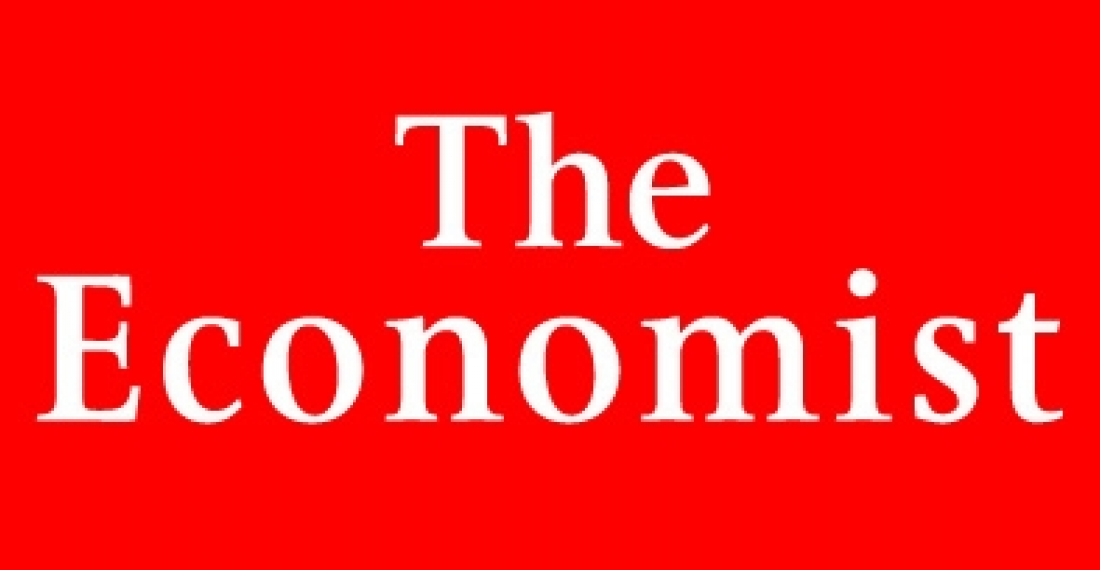За прошлый год в Армении по части демократии ничего не изменилось. К такому выводу пришли эксперты аналитического приложения к британскому журналу «Экономист».
В опубликованном в конце недели докладе о состоянии демократии в 165 странах мира, Армения вновь причислена к ряду стран с гибридным режимом. В этих странах, согласно журналу, выборы, как правило, сопровождаются существенными нарушениями, коррупция носит почти повсеместный характер, власть закона и гражданское общество слабы. Подобным режимам свойственны гонения в отношении журналистов, судебная система лишена независимости.
Эту оценку демократии эксперты дают, учитывая 5 основных критериев, в том числе: справедливость выборов, плюрализм, эффективность управления и активность общества на политическом поле. В соответствии с этим, в докладе этого года Армения по этим 5 критериям получила те же оценки, что и в 2010-ом, году. По 10-балльной системе, в частности, вновь ниже среднего – 3 балла и чуть больше – получили эффективность управления и политическая культура в Армении, выше всего была оценена сфера гражданских свобод – почти 6 баллов.
В ряде государств СНГ, в том числе в России и Азербайджане, замечен регресс. Россия, которая в прошлом году вместе с Арменией причислялась к странам с гибридным режимом, теперь оказалась рядом с авторитарными странами, а в Азербайджане регресс наблюдается в сфере свободы прессы.
В целом, 2011-ый год «Экономист» охарактеризовал как «год беспрецедентных бурь» из-за революций в арабском мире, и констатировал, что эта волна может распространиться и на другие части света. Этому, по мнению аналитиков, могут способствовать несколько факторов, в том числе фальсификация выборов, продолжающаяся коррупция, а также попытка авторитарного режима продлить свою власть или передать преемнику.






